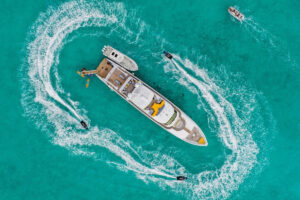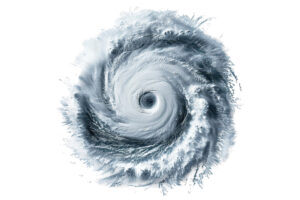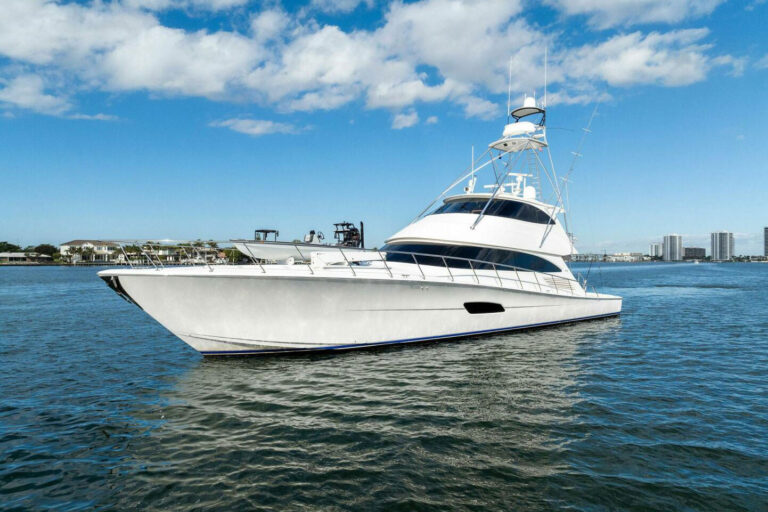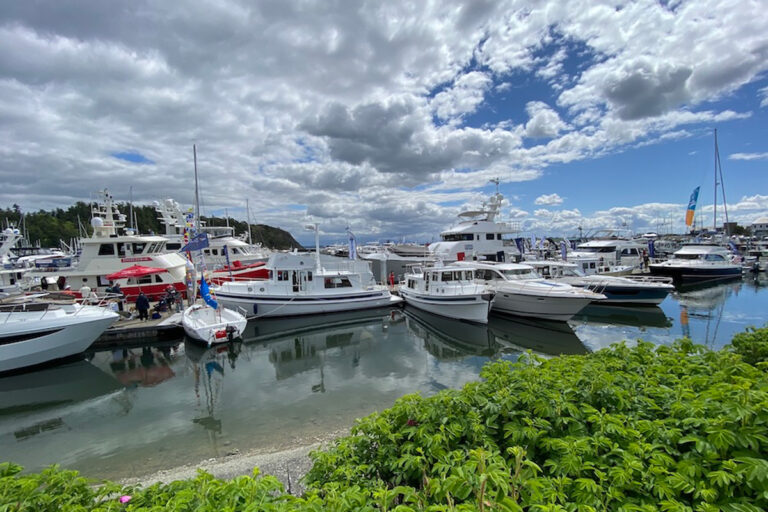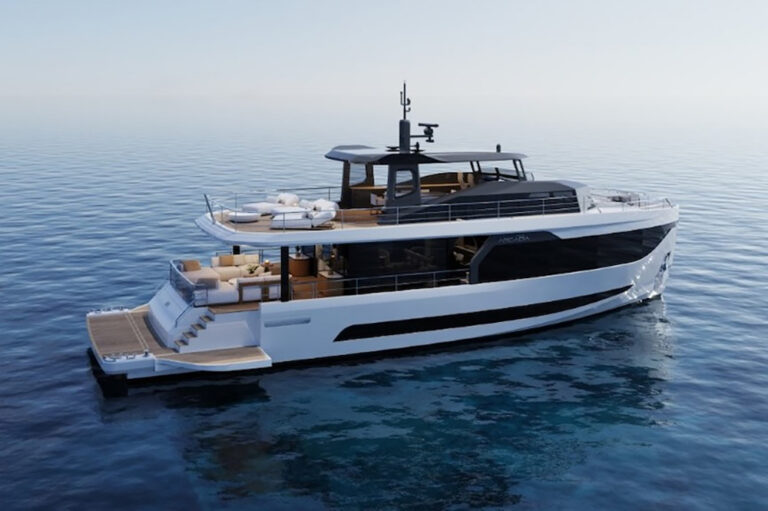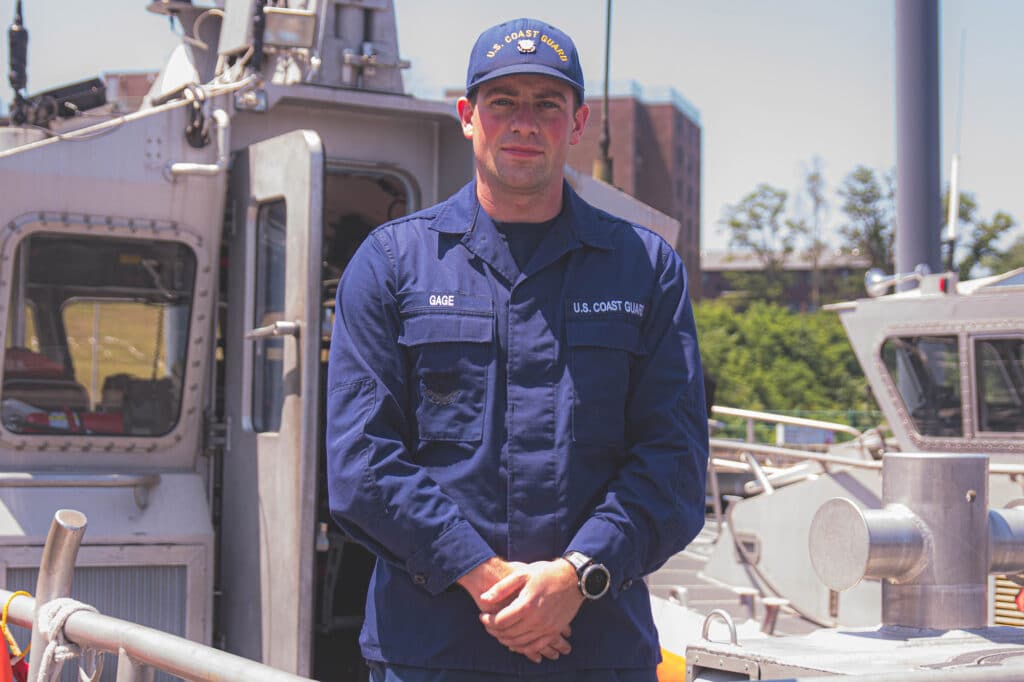
FN Ronald Gage of U.S. Coast Guard Station New York has aspirations of becoming a rescue-swimmer. His first attempt was stymied by a shoulder injury, and, in his second stint, he failed in the second phase of testing. Despite this setback, his lifesaving skills proved invaluable in Upstate New York’s Lake Placid, where he saved his stepfather, Norm Freund, in 2021.
While the two were swimming a practice triathlon course, Freund began struggling: He was having a heart attack. Gage managed to help his stepfather to a buoy before towing him about 100 yards to a nearby family’s canoe. Upon arriving ashore, Freund didn’t have a pulse until EMTs arrived and revived him. He was then flown to a nearby hospital, where he survived a quintuple-bypass surgery.
Freund lived for another 11 months. Before his death, the West Point graduate and four-year U.S. Army veteran recommended Gage for the Coast Guard Silver Life Saving Medal, which he received this past May.
Gage credits Freund, who he considers to be his primary father figure and role model, with shaping who he is today.
“I wouldn’t be who I am without him,” Gage tells Yachting. “And he’s definitely paved the way for me and my outlook on life, too.”
Read More: BM1 Hernán Ossandón: Fatherhood Changes Everything
Who or what was your inspiration for joining the Coast Guard?
Gage: I knew that I’m kind of like an adrenaline junkie, and I like helping people, too, and traveling. And I was looking at different jobs that I could do that. I was thinking about maybe fire or ski patrol; I was kind of all over the place. And one thing that kept on dragging me from all of those was the [Coast Guard’s] search-and-rescue [mission]. The Coast Guard is, like, the No. 1 search-and-rescue agency in the world. So that kind of like was my official, like, “Alright, this is what I want to do.”
Throughout your five-and-a-half years with the Coast Guard, where have you been stationed?
Gage: Out of bootcamp in Cape May, New Jersey, I went up to Kodiak, Alaska, on a cutter up there. When I was on the cutter, I had been to Seattle, Washington, numerous times—Japan, Hawaii, all over the Aleutian Islands up in Alaska, as far north as Nome, Alaska. I’ve done training in California. I was stationed in North Carolina for three years, so that became home for a little while.
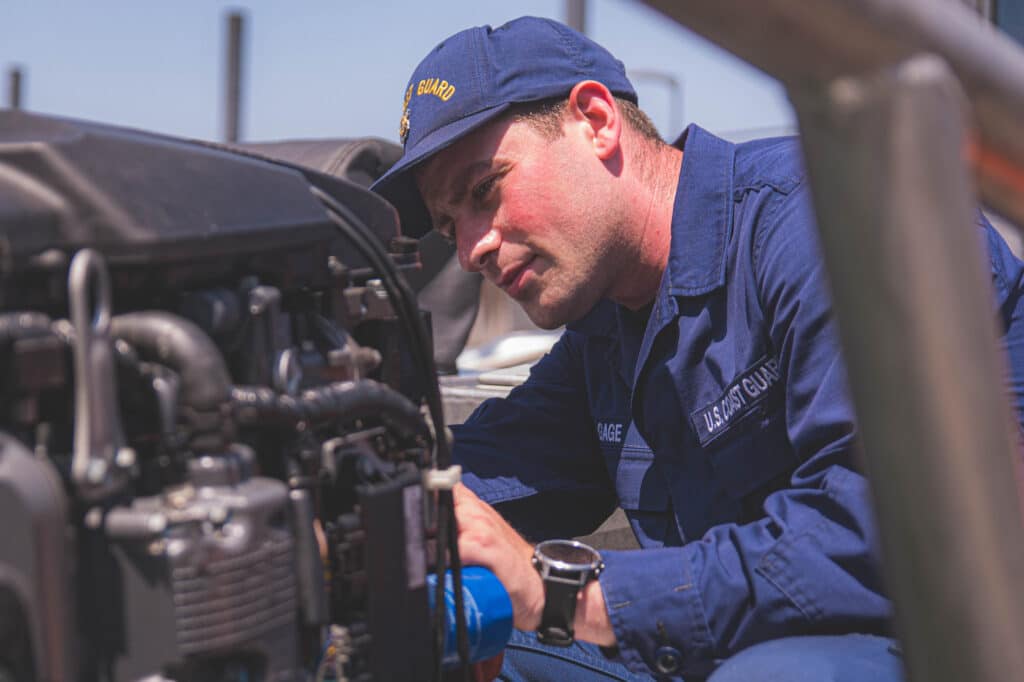
You mentioned being an adrenaline junkie. Do you feel you find that fulfillment with the Coast Guard?
Gage: For sure. Like I said, the initial thing that attracted me was the search-and-rescue [mission]. I’ve had a handful of search-and-rescue cases at this point. I mean, some are different than others; some are, you know, you’re just going out and towing a boat back in because they need some help. I’ve responded to a boat that’s on fire and pulled two people out of the water; I’ve responded to plane crashes, too. You don’t know what you’re looking for, and you don’t know what you’re gonna see; you might not end up even finding anybody or anything. So, for sure, there’s definitely a thrill aspect of that that scratches that itch for me. In New York, it’s not a huge SAR place. It’s very law enforcement-oriented.
How do you handle your emotions in cases involving death, like the aforementioned plane crash?
Gage: It was definitely emotional, for sure, especially once we knew that there was a lot of kids on board, and it was a lot of local people. With the search-and-rescue cases, some people do get desensitized to it—just like a doctor in an ER setting or an EMT on the street. You almost want to try to avoid the desensitizing of that because it takes away from what you’re doing and how serious the situation is. I mean, it’s my job, you know what I mean? So that’s what we do. But, if I desensitize it every single time, then what I’m doing won’t feel like it’s what it is.
What do you hope to achieve in the Coast Guard?
Gage: I feel like the big three things that I talked about in the beginning are huge for me. So I think that if the Coast Guard is still introducing me to new people and new friends, and new connections; I’m still traveling and exploring, and getting to see new things and places; and then helping people. I also hope to just be able to become a good leader and lead by example, and show people what the Coast Guard does and how they operate, and just want to be a good Coastie.

